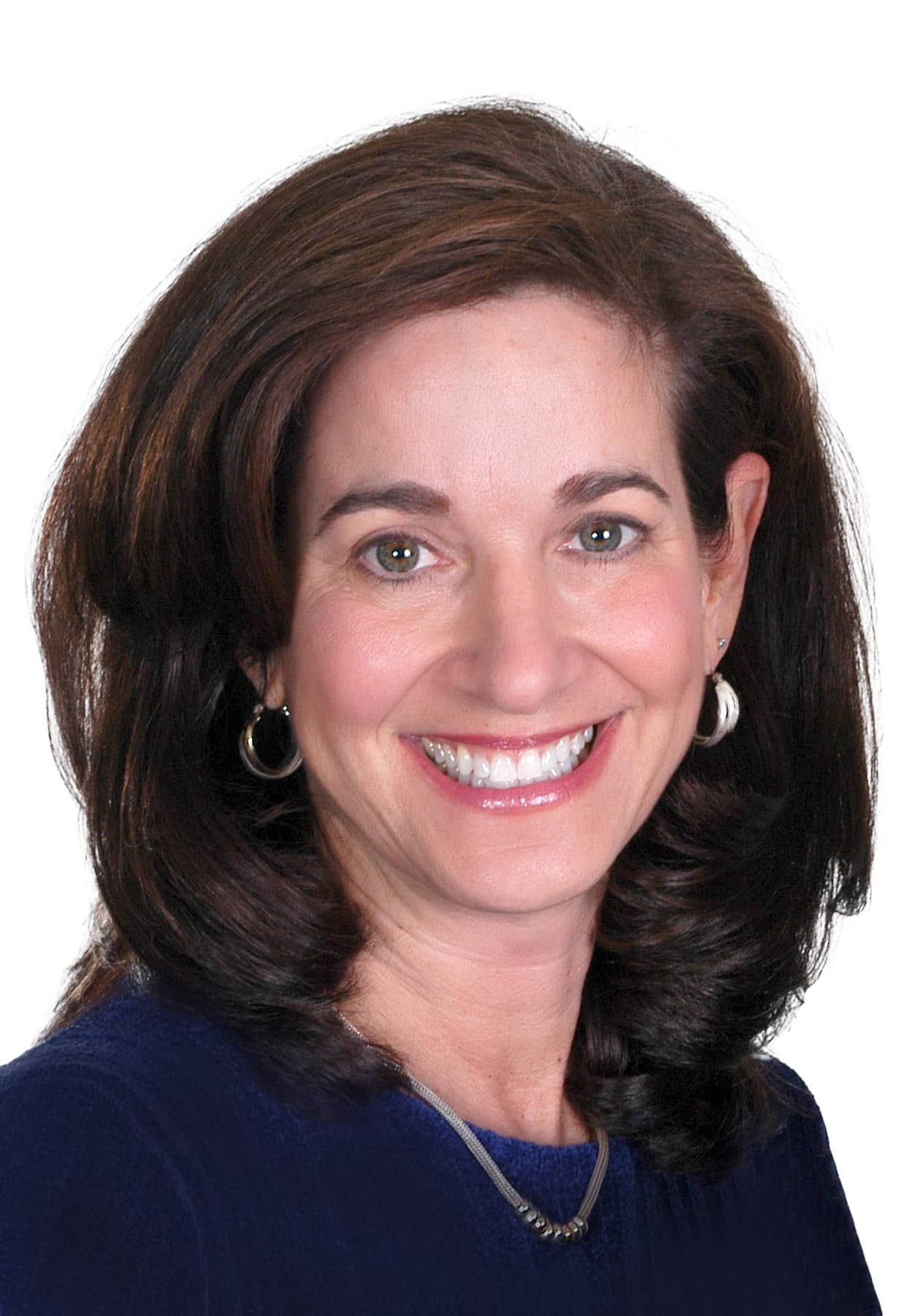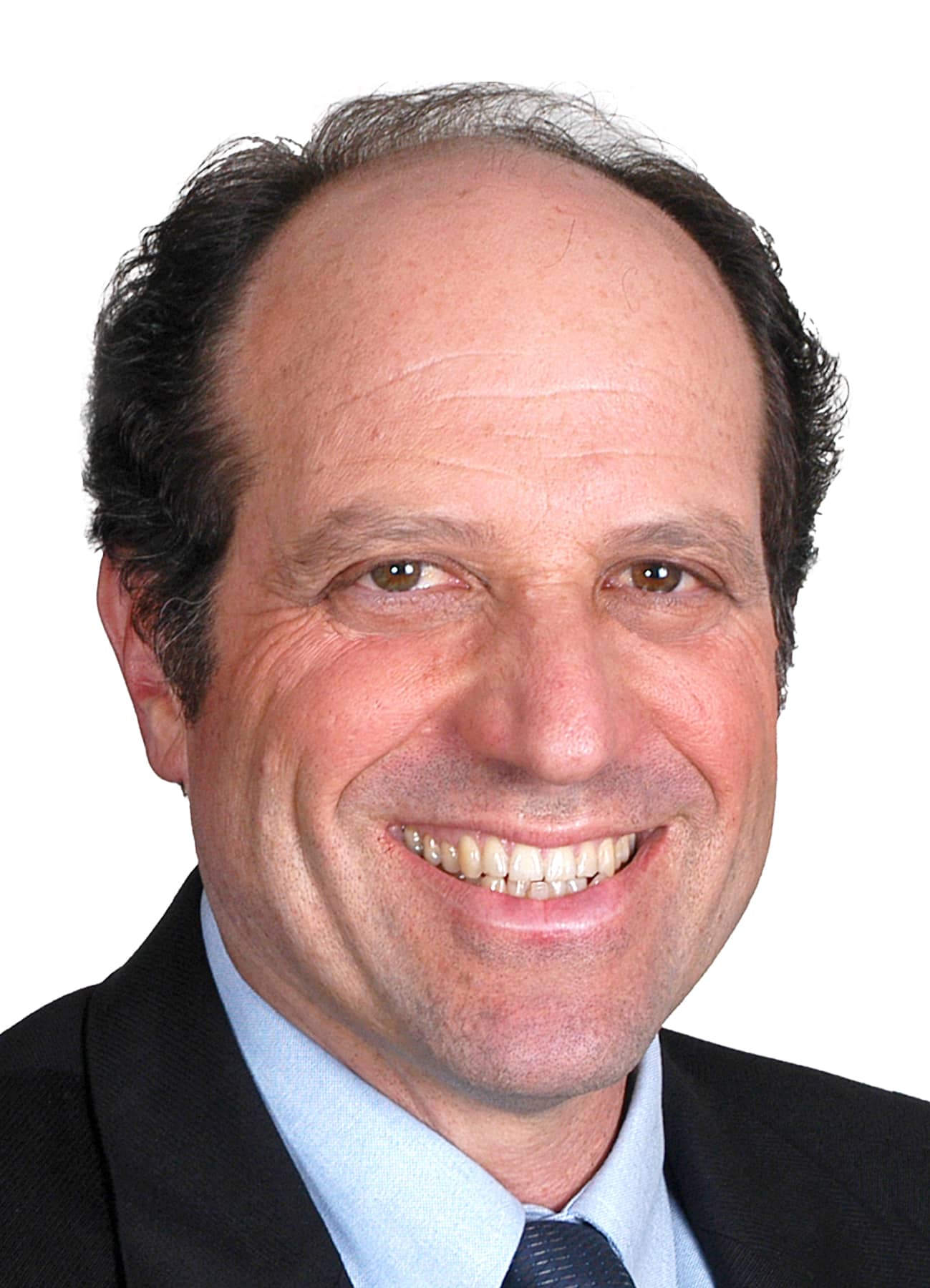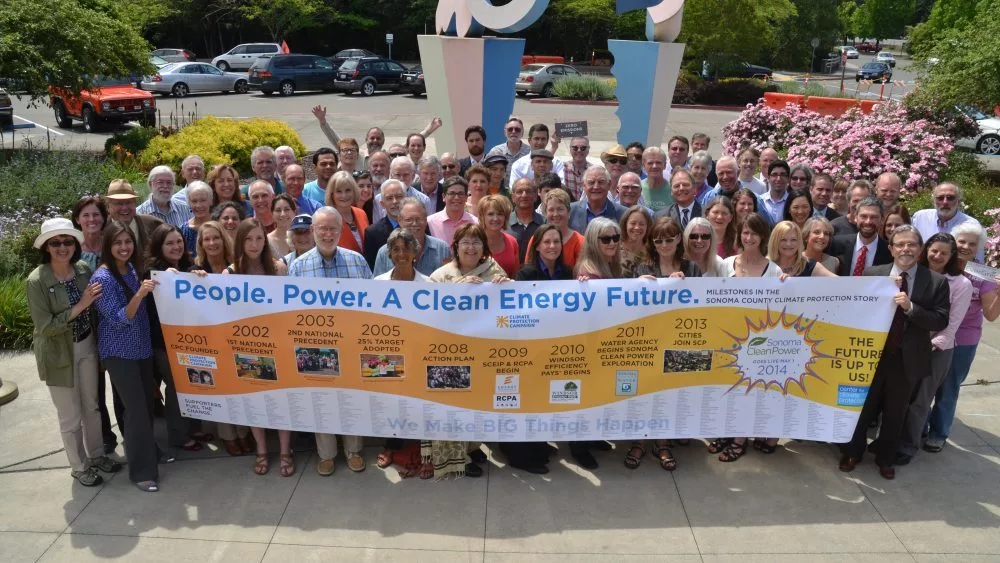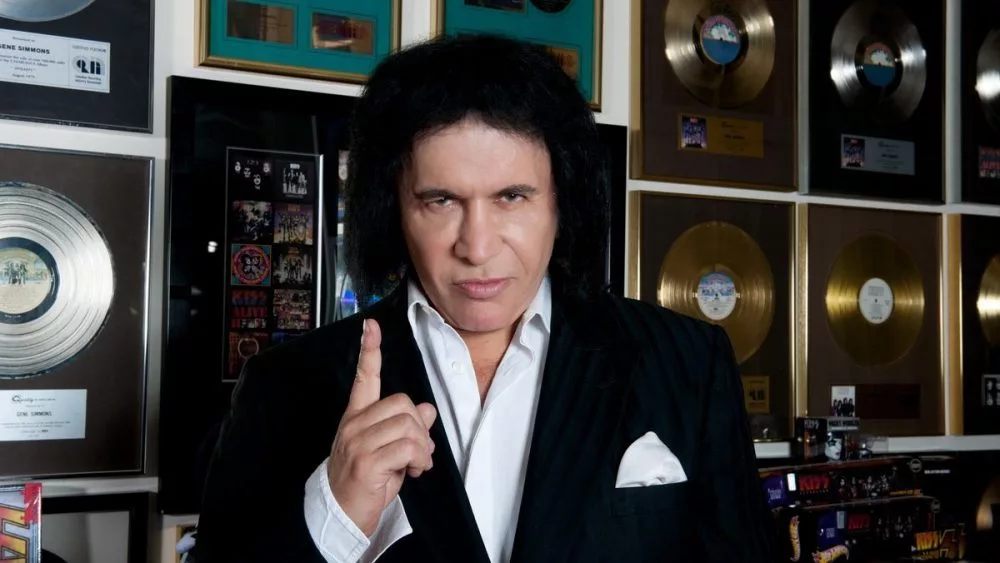By Vicki Larson
There’s one thing most people wish they had more of, tend to have the most intense fights over with their romantic partner, and have a hard time talking about in general—money.
So, imagine suddenly finding yourself having a huge amount of wealth, more than you ever could have imagined, either from an inheritance, or from winning the lottery or gambling, or from your own hard-earned blood, sweat and tears.
There’s a belief that having more money would solve most if not all of one’s problems, bring huge happiness, and end or at least lessen the financial arguments people have.
That couldn’t be farther from the truth, say Joan DiFuria and Stephen Goldbart, business partners in the Money, Meaning and Choices Institute based in Kentfield, and husband-and-wife Marlis and Kjartan Jansen, of Mill Valley, who co-founded Graddha, all of whom work with people whose massive wealth presents opportunities and challenges.
There are plenty of experts who can advise the wealthy on things such as investments and philanthropy. But people like DiFuria, Goldbart and the Jansens help people deal with the psychological realities of massive wealth.
“People have emotional reactions to money,” says DiFuria.
There aren’t too many people who do what they do, especially in the North Bay, despite the Bay Area being home to numerous millionaires and billionaires. But the field of what the Jansens call “wealth dynamic coaching” and DiFuria and Goldbart call “family wealth consulting” is growing, thanks in part to the vast amount of financial wealth millennials and Gen Xers expect to inherit from their boomer parents as well as the number of millionaires and billionaires who earned their money through technology and startups.

In fact, the number of wealthy individuals globally is expected to rise by 28.1% by 2028, according to the Wealth Report, published by Knight Frank, a London global property consultant. The 2023 Global Wealth Report, published by USB, a multinational investment bank and financial services company based in Switzerland, projects that the number of millionaires will reach 86 million by 2028 and the number of ultra-high-net-worth individuals (UHNWIs), people with a net worth of at least $30 million, will rise to 372,000 across the globe.
DiFuria, Goldbart and the Jansens got into the business for different reasons, but all agree there’s a huge and growing need for what they do.
“Talking about sex and money are taboo. Sex today is less taboo to talk about than money,” says DiFuria. “Many people go to a therapist and hear, ‘You have money, what’s the problem?’ So, they really need people who understand it more fully. People don’t know where to go or who to talk about it with because it can be embarrassing, it can be shameful.”
There isn’t much sympathy for wealthy people, they admit. Yet, all people have problems.
“It’s that ‘cry me a river’ reflex,” says Kjartan Jansen. “They can’t imagine that you can’t buy your way out of all the problems they might have. And that’s just not true. Most of the big challenges we have are non-monetary, especially on the relational side.”

It was the dot-com boom that led DiFuria, a psychotherapist with a background in international business, and Goldbart, a psychologist, to found the Money, Meaning and Choices Institute.
“When I started my private practice after I ended my business career, my colleagues were sending me and Stephen referrals, these men and women who were in the New York Times and the Wall Street Journal, because they felt intimidated,” she says. “These people were young, with more money than they ever expected at such a young age, and they weren’t sure if they wanted to keep working but they were still productive and they weren’t sure what they wanted to do.”
So DiFuria and Goldbart would ask them, what are your values, what’s meaningful to you, what would you like to do?
“They were so struck by the questions that Stephen and I realized there’s something going on here that we need to pay attention to,” she says.
Sudden Wealth Syndrome
What was going on was what they call “sudden wealth syndrome”—the guilt, confusion, anxiety, and other emotions that come with new or sudden wealth that sometimes can lead to family fractures, self-destructive behaviors and mismanaged money. Just think of how many professional athletes with multi-million-dollar contracts end up broke when they retire or are forced to end their careers due to injuries.
Inspired by the work of James (Jay) E. Hughes, Jr., a now-retired estate attorney who is perhaps the most well-known and most-published person addressing the human side of wealth and the founder of the James E. Hughes, Jr. Foundation, they started their institute in the late 1990s, when few people recognized the need.
“Honestly, we were laughed at when we started. ‘People with wealth actually have problems and you’re going to do that?’” DiFuria says with a laugh. “Now it’s taken very seriously.”
She gives some credit to the media for exposing the issue. When the two coined the term “sudden wealth syndrome,” “the media went crazy all over the world,” she says. “People wondered how it could possibly happen that these people who are so rich be depressed, anxious, unaware, unconscious, etc.”
But for the wealthy people themselves, having someone who understood what was happening to them felt like a huge relief. “It allowed them to feel that A, it was OK for them to talk about it; B, it was OK to do something about it; and C, have an outlet to do something about it,” she says.
The Jansens started Graddha in 2016, prompted in part by Mill Valley native Marlis Jansen’s own experience with multi-generational family wealth.
While at first she didn’t know the details of the family office—a structure that’s created to manage all the assets a family owns—and wasn’t too interested in learning about money or investing nor did her family push it upon her, she says she could feel the impact it had on her extended family nonetheless. “I could tell our family relationships were being permanently impacted by the business relationships in the family. That was uncomfortable,” she says.
She became a psychotherapist and certified coach after years in the health-care industry. She knew she wanted to work at the intersection of wealth and psychology when she was getting her second master’s degree and her psychology professors knew little to nothing about the impact of money on people’s mental health despite money being a huge stressor, according to studies by the American Psychological Association over the years.
Regardless of what brought them to the field, their work is similar—helping people figure out what are the issues that keep them up at night, what concerns they have about transferring their wealth, and identifying their values. Once they get a sense of their clients and what they want to have happen with their wealth, they develop a plan to help them get there. That can happen relatively quickly for some, over a matter of months, while others may require decades.

Adult children may be hesitant to bring up money with their parents because they don’t want to seem greedy. So DiFuria, Goldbart and the Jansens bring them into family meetings so everyone gets to be heard and understood.
Overwhelmingly, the parents they work with want to raise children who are grounded, not spoiled.
“The most common reason they come to us is their concern for the next generation,” Goldbart says. The only way for parents to at least attempt to avoid things going awry is to be strategic, they say, and to start that process earlier than later.
“Trust funds can breed entitlement, period,” DiFuria says. “If you just set up a trust fund for a kid with no governance, no values, no operating principals, you breed entitlement.”
And without a facilitator to help guide the conversations, they say, it can end up feeling like the children, no matter how old they are, are back to being like little kids at the dinner table, being told what to do and not having a voice.
Of course, they acknowledge, some children can be challenging. “The combination of a very entitled child or a very troubled child and you have parents where the heartstrings are pulled… if you don’t say no now, it’s only going to get worse. So that’s where the psychology comes in. It isn’t just about the money; it’s the psychological vicissitudes of all the people in the family,” DiFuria says. “It all comes down to parents who set boundaries that are reasonable but enforceable.”
Still, high-wealth people raising children in high-wealth areas, as most do, may have to fight community standards. “The question becomes, in your family, what kind of decisions do you want to make as a family in order to ensure money is a resource, it’s an ally, not an enemy of your kids’ development?” Goldbart says. “One has to take a very proactive stance. It may be counter to the culture of your community. Your kids may be surrounded by kids who get Teslas and Jags without having to do anything. That may be true throughout their life. The question is, what are you going to do?”
Something they all recognize, however, is that sometimes uber-wealthy parents aren’t all that present in their children’s lives. “They just throw money at them,” Goldbart says.
“The impact of wealth on identity development has a lot to do with age, maturation and the degree to which that individual was an active participant in the creation of that wealth,” Goldbart says. “It has less impact on a 65-year-old who spent 30 years building a business and has raised kids than a 25-year-old who signed up with some startup and two years later has money. Or at a further extreme, a lottery winner who has done nothing. The less you’ve actually done and the less you understand about money, the greater the impact is going to have on you and more likely to suffer from what we call ‘sudden wealth syndrome.’”
No longer a laughing matter
All four have seen changes in their field since they started.
“What we do has been accepted in the world whereas it was largely laughed at in the late ’90s when we started,” says Goldbart. “That’s a radical shift I would say. I think people understand that money is not an endpoint, and everybody needs a sense of purpose and meaning in their lives and it’s going to have an impact on how you manage it.”
Despite that, many still have judgment about the work they do, says Kjartan Jansen, who has worked two decades in finance, including technology consulting, equity research and venture capital. “This is a triggering subject to people. It’s not acceptable to work with people who have a lot of money. We should just ‘eat the rich.’”
They’ve also seen a rise of family offices in the past decade.
According to research from Preqin, a London-based investment data company, the number of family offices hit 4,500 worldwide in 2023, with 1,682 in North America alone, managing some $6 trillion or more.
They’ve also observed that many wealthy clients have been hiring wealth learning officers to educate family members and to think about the future of the “family enterprise,” which can be defined in several ways but generally includes members of a family who are involved in a family business or businesses and are committed to seeing it continue, flourish and be sustainable across generations.
Another huge change they have experienced is that there are more wealth creators and inheritors who are women. Regardless how they got their money, women often have a harder time than men do, they say, especially if they have more wealth than their male romantic partner.
One woman wealth creator DiFuria and Goldbart worked told them she’s given up trying to find a boyfriend—her wealth gets in the way.
Women inheritors who don’t have a career often have a huge sense of guilt about their money and can fall into long-ingrained gendered roles, DiFuria and Goldbart say. They work to help women feel comfortable and entitled to their money, no matter how they got it, and also to have a voice.
“There’s a sense of, ‘Am I entitled where I really feel like I can own what I have—the power, the decision-making, the capacity to have money? Do I believe in myself enough, do I have self-esteem and how guilty do I feel about it?’” Goldbart says. “Obviously gender plays a factor. Women have been disentitled from money until this recent generation.”

That’s something Marlis Jensen became keenly aware of when she gave up her full-time career to be a stay-at-home mom. “I stayed home with our two girls for 11 years and that is really a big piece of why I’m doing what I do today,” she says. “It helped me see how people respond and ascribe value to people. What was my value as a mom?
“The way that translated into the work we do today is that we see an entire family system. … When we talk about the values in the family, the values come from both sides. It doesn’t matter where the money’s coming from.”
It also informs what they call financial advocacy. “If you think of a person who has been thrust into the position of leadership by the death of a spouse or a divorce and never had to take care of the finances and all of a sudden they have to, that is a terrible place to be,” she says. “That leaves you vulnerable.”
Typically, that’s a woman because even in moderate-income families, wives tend to defer to their husband when it comes to all things financial, according to a 2020 survey by UBS, sometimes because they want to avoid arguing, or they don’t know where to begin, or they believe their spouse is financially savvier, or they prefer to be “taken care of.”
One of those women was Kris Jenner, who told the Wall Street Journal that when she divorced her late husband of 10 years, celebrity attorney Robert Kardashian, she didn’t even know how much they paid the gardener because he handled all their money.
“Women will be holding the wealth in the next probably decade,” DiFuria says. “If we don’t have our own voice about the wealth, we can’t make the difference we can possibly make in the world. We have a lot of power with money. We can use that well, but if we don’t have a sense of entitlement about our voice or our rights, we can’t take advantage of what old White men are doing now with their money and power.”
Billions and billions
Finally, they are seeing a rise in multi-billionaires. The issues between multi-billionaires and billionaires are subtle, they say, yet akin to talking about kings and queens. It’s a phenomena DiFuria and Goldbart have started to pay attention to.
“What is the degree of psychological difference in the millionaire families, the billionaire families, and the multi-billionaire families, where you know that money just cannot go away?” DiFuria asks. “That becomes a whole other echelon.”
That the kind of high wealth consulting that DiFuria, Goldbart and the Jensens offer has grown in interest and demand has led to the creation of organizations to support professionals who serve family enterprises, including Boston-based Family Firm Institute, founded in 1986; Denver-based Purposeful Planning Institute, founded in 2010; and New York City-based Ultra High Net Worth Institute, founded in 2019.
“There are more and more families out there doing this and there are many, many more advisors doing this because there’s a need,” says DiFuria. “And a lot of the financial advisors and estate attorneys are saying, we really need to take care of the human side of wealth.
“In America, we assume that the currency of happiness is money,” Goldbart says. “If you have money you’re better off than not having it. But you’re still left with the same human questions of what is the purpose of me and my life and how can I best employ it? Plus, you have all the cultural messages, social stigma, about what it means when all of a sudden you have money. So, I think we have to separate the money, which is the fuel, from what it means to be a satisfied, fulfilled human being.”
Having money “doesn’t take away one’s pain,” DiFuria adds.
“Building trust is a huge theme in all the work that we do,” Marliss Jansen says. “Building trust between family members so that the family can support each other and become truly a learning organization. …The goal is always to help family members realize the values they share with other family members.”
And if they can embrace that, wealth is less likely to fracture the family and more likely to enhance everyone’s life.
“The idea is to help our clients build an opt-in culture that’s too good to pass up,” she says.






